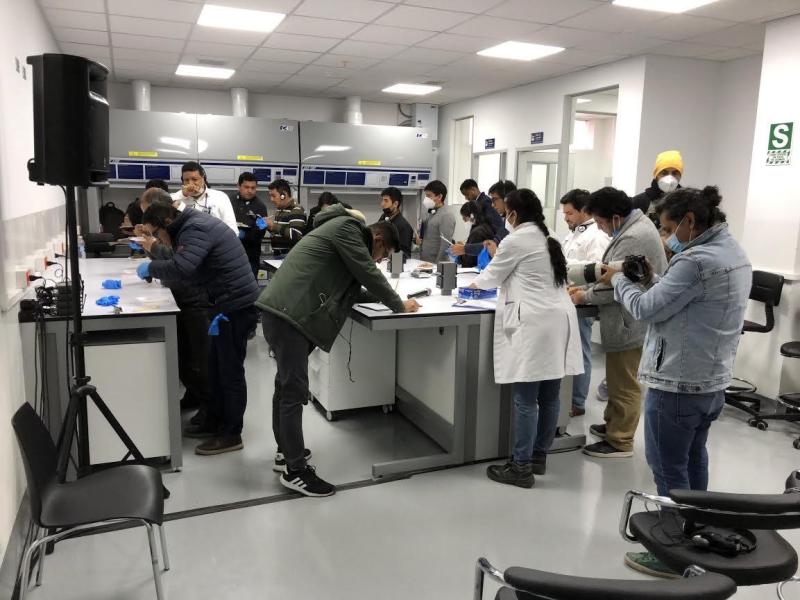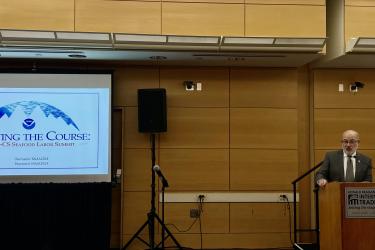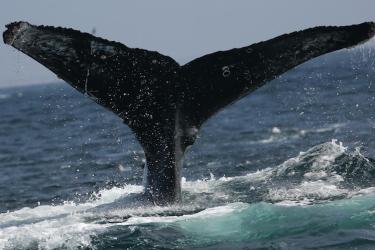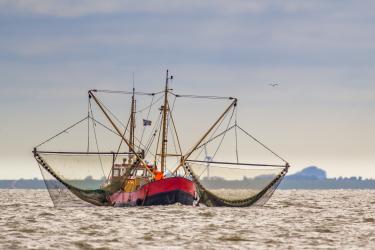NOAA and the U.S. Food and Drug Administration (FDA) provided sensory training assistance for the National Fisheries Health Organization of Peru (under the Ministry of Production). The training was held in response to the oil spill that occurred off the North coast of Lima, Peru this year. The training, requested by the Peru government, consisted of technical assistance in emergency preparedness, planning, response, and recovery activities.
Background
In early 2022, a tanker spilled nearly 12,000 barrels of crude oil into the Pacific Ocean, causing an environmental emergency. It affected roughly 44 square miles, polluting 24 beaches and contaminating local fish and shellfish harvest areas.
Sensory Training
NOAA consumer safety officer Netsanet Mekuriaw Anley, and FDA biologist Benjamin Lee Phillips collaborated to provide sensory analysis training for seafood species fished near the impacted zone. Sixteen health professionals and laboratory technicians attended the 2-day intense sensory workshop in March 2022. It covered an introduction to the principles of sensory evaluation of seafood and a specialized petroleum taint sensory course. They executed a small scale intentionally controlled spoilage of two seafood species: purple crab, and the comber, belonging to the sea bass family. The two species' intentional spiking, or tainting, was conducted using diesel fuel at five different concentrations measured in parts per million. The samples were presented in a non-live whole animal soaked in a measured tub of water contaminated with three different taint levels, and in grounded fish flesh, tainted with varying levels of contaminant. NOAA and FDA experts also discussed the effects of an oil spill on different ecosystems, and the science behind sensory evaluation provided the base for teaching sensory skills.
The hands-on experience exposed participants to odor references due to biological decomposition at various levels, and odor references due to unnatural contamination of seafood species, in this case, petroleum contaminants.
The training workshop provided the Peruvian participants with the tools and expertise needed to respond to the current spill. NOAA and FDA remain committed to assisting the Peruvian government by continually sharing knowledge during the response to this environmental disaster.









